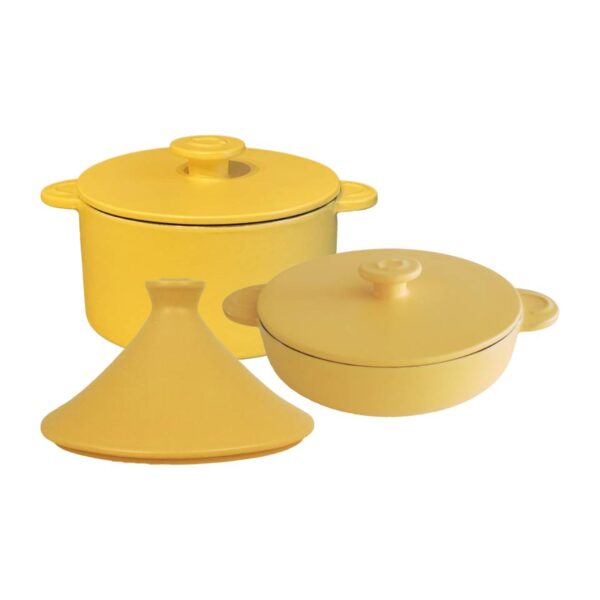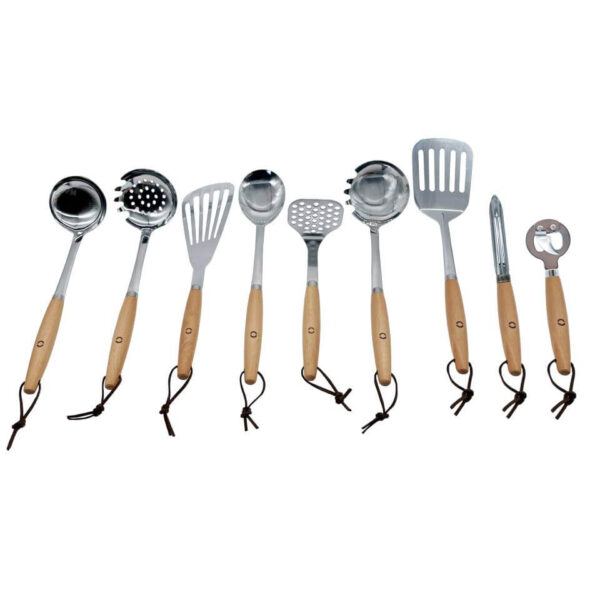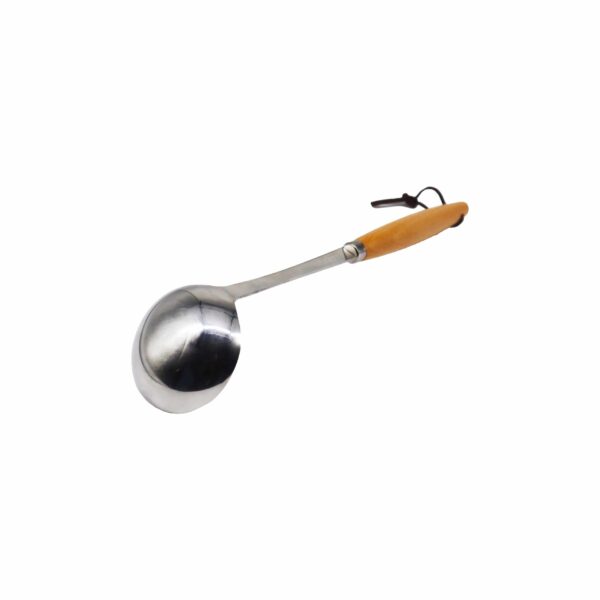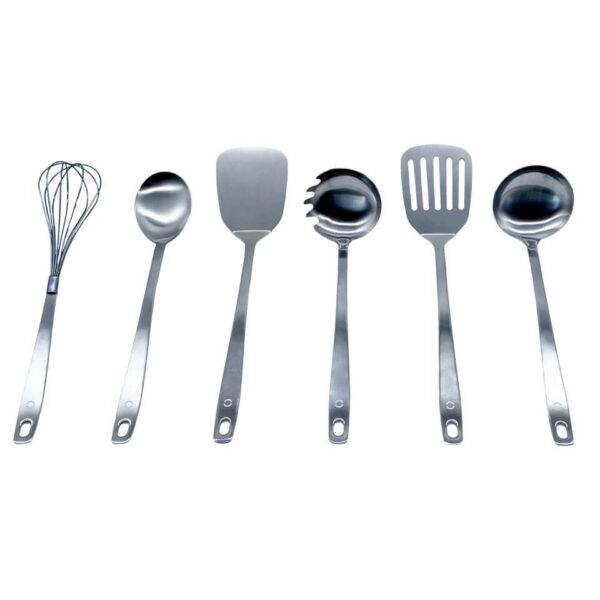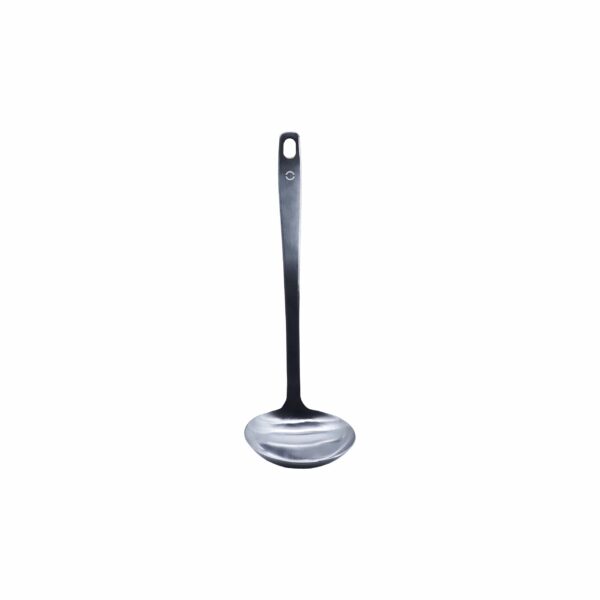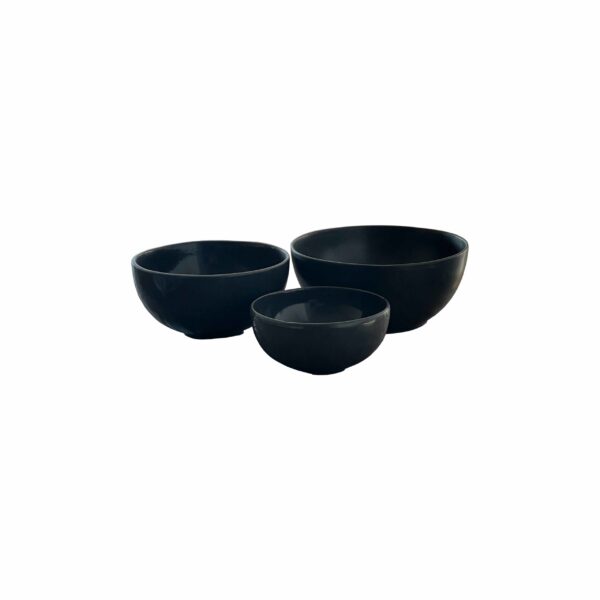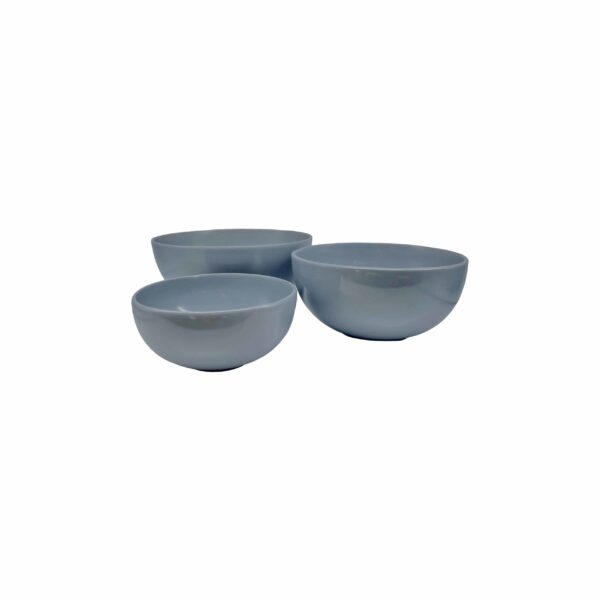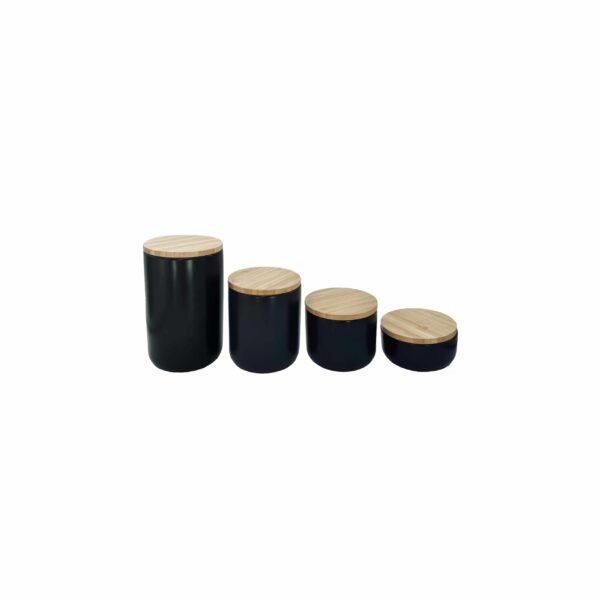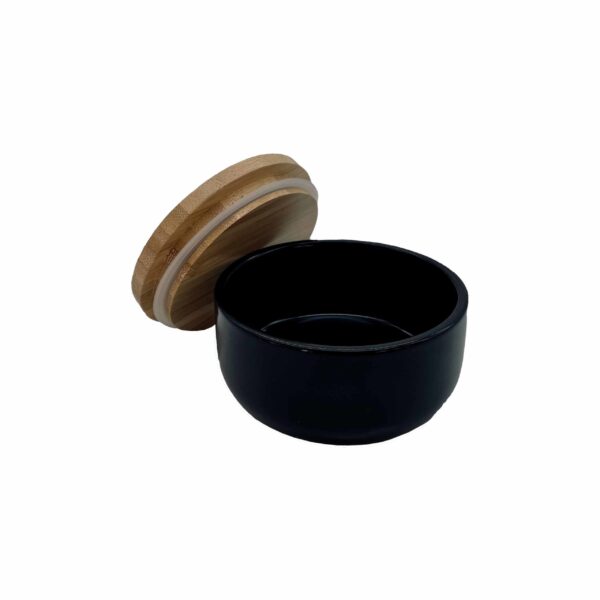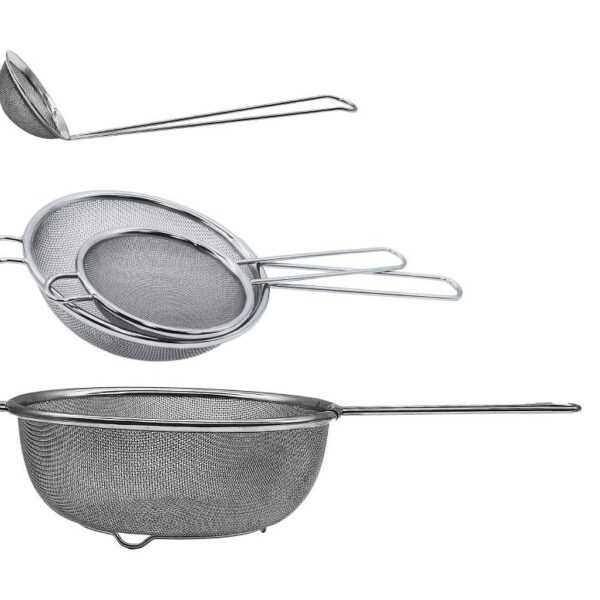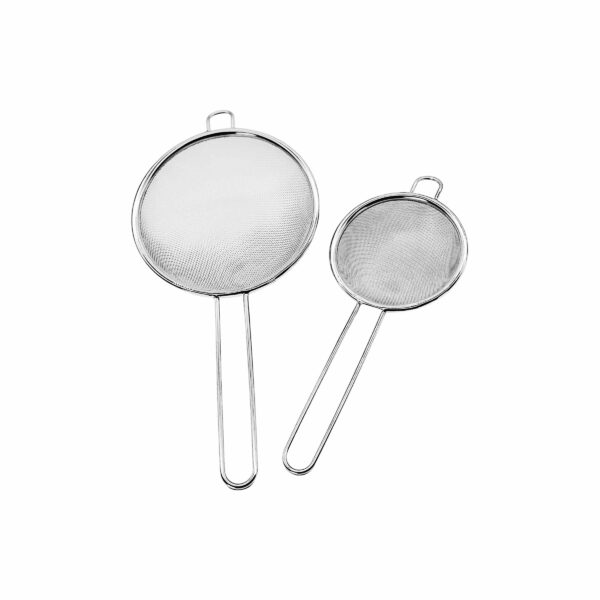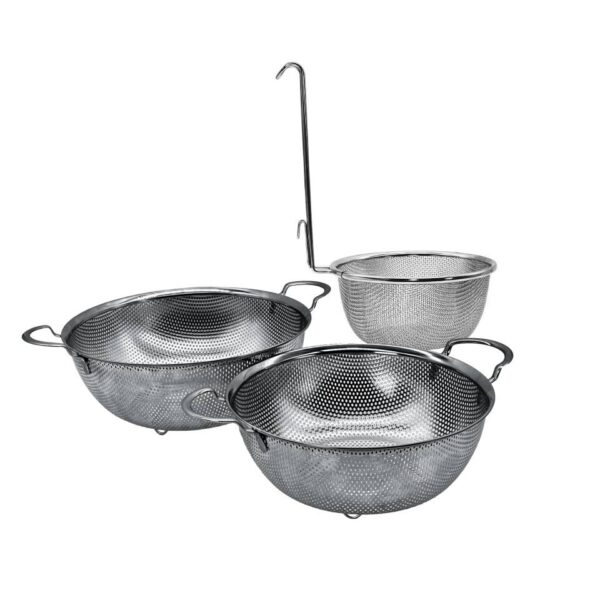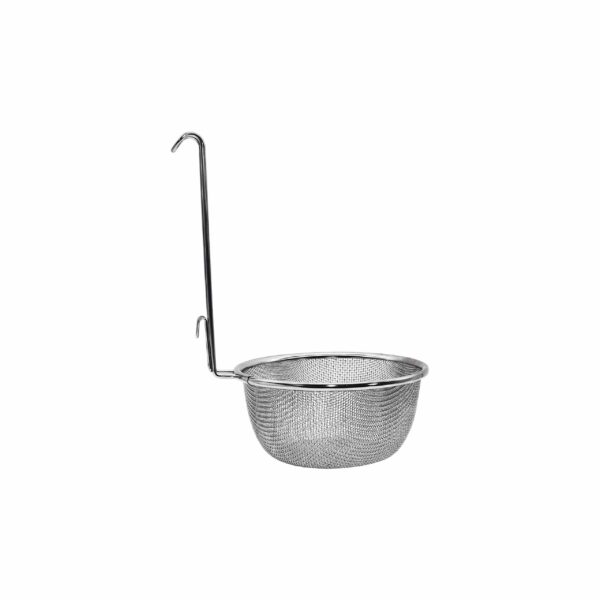
Blog
Importance of proteins in the organism

Proteins are essential elements for the proper functioning of our body, as they play a crucial role in numerous biological functions. Therefore, the importance of their consumption is a well-known matter.
However, many people have doubts about the amount of proteins they should eat daily and which foods can provide the most of this substance.
If you also want to know what proteins are for and are looking for advice on following a high-protein diet, you’ve come to the right place! From Kuoko, we’ll tell you everything you need to know to take care of your nutrition.
What is eating proteins for?

As we’ve mentioned, proteins play multiple indispensable roles in the human body: they contribute to the repair and growth of tissues, participate in the formation of enzymes and hormones, and are essential for the proper functioning of the immune system.
Additionally, proteins are a source of long-lasting energy, making them valuable allies for those seeking to maintain stable energy levels throughout the day. That’s why protein shakes are so popular among athletes.
How much protein should you eat per day?
Determining the appropriate amount of daily proteins is crucial to maintaining a healthy balance. However, making an accurate calculation is very complex. The general recommendation is to consume approximately 0.8 grams of protein per kilogram of body weight.
However, this value may vary depending on factors such as physical activity, stress levels, and individual health and fitness goals. People undergoing daily physical training may need to consume more than double the protein per kilogram, so it is most appropriate to consult with a nutritionist for personalized guidance.
Protein-rich Foods
- Lean meat: Chicken, turkey, and lean beef are excellent sources of proteins, with the additional advantage of containing less saturated fats.
- Fish: In addition to being rich in proteins, fish provides omega-3 fatty acids, which are very beneficial for cardiovascular health.
- Eggs: Eggs are a complete source of proteins and contain all the essential amino acids that the body needs.
- Legumes: Lentils, chickpeas, textured soy, and beans are plant-based options rich in proteins and fibers, ideal for vegetarian and vegan diets.
- Dairy products: Milk, yogurt, and cheese are nutritious options that provide essential proteins and calcium for bone health.
How to Follow a High-Protein Diet?
The first step to adopting a high-protein diet is to consume protein-rich foods. However, as is often the case in healthy eating, the ideal is not to always consume the food with the highest protein content but to achieve a proper balance by incorporating various sources of proteins.
It is also worth noting that not all proteins are digested in the same way, so for a healthy and high-protein diet, it is advisable to distribute their intake throughout the day, combine them with other nutrients, and maintain body hydration to facilitate digestion.




